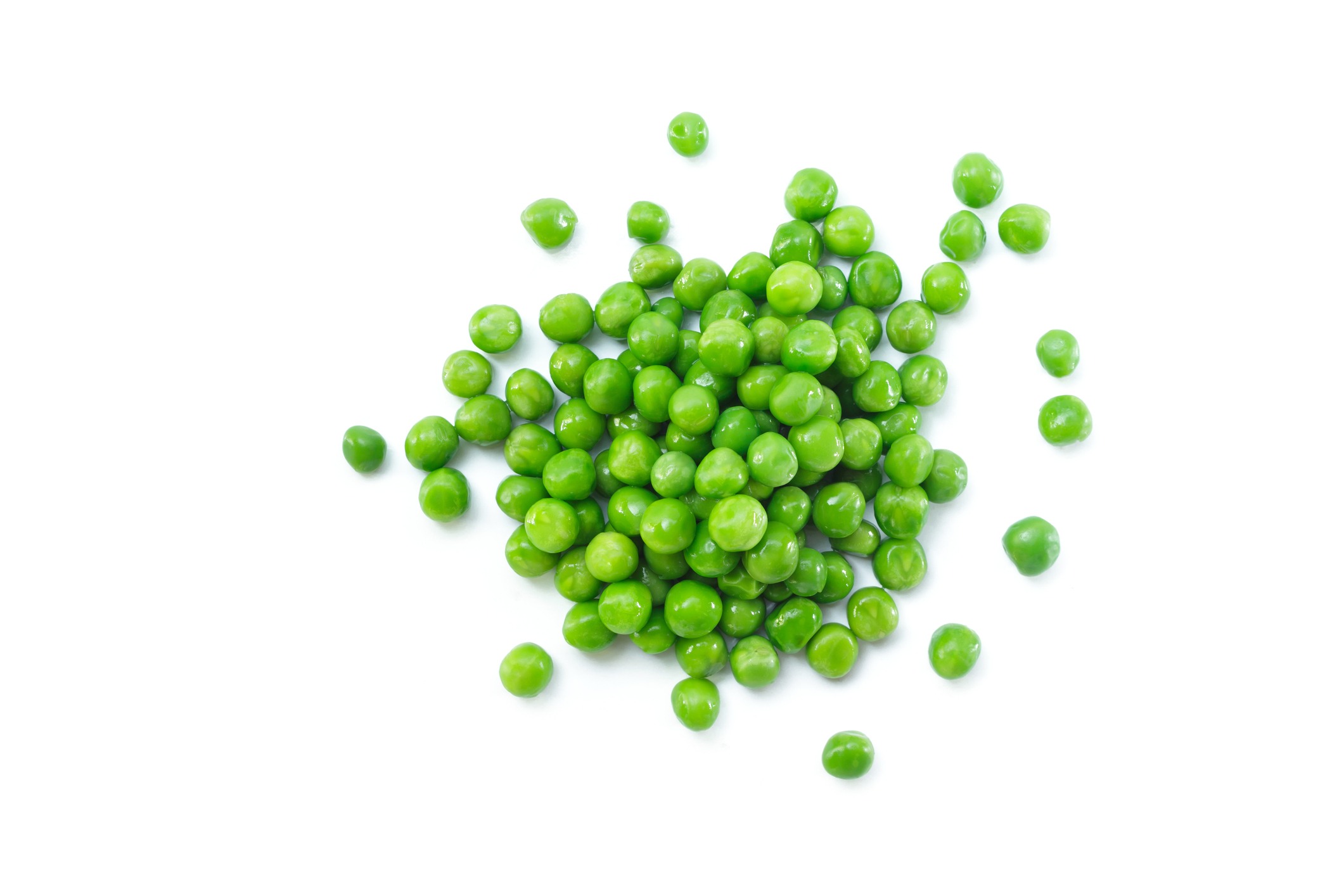Beef processor and commodities trading house Cargill is making big moves in the alternative protein space. This week it inked two deals, one for plant-based protein manufacturing and another in the fishmeal space.
The largest private company in the US invested $75 million investment in Beyond Meat’s pea protein supplier Puris, as a follow-on to an earlier $25 million deal last year after the two companies formed a joint venture for pea protein ingredients. Meanwhile, it’s also sealed a deal with White Dog Labs to deliver a sustainable alternative to wild-caught fishmeal as feed for the aquaculture industry.
Keeping up with demand
The investment is timely as demand for pea protein-based products is growing rapidly with reports that supply of the processed ingredient can’t keep up with demand. Henk Hoogenkamp estimates that pea protein consumption by tonnage will increase 300% in the 10 years to 2025, according to a Financial Times report.
Beyond Meat CEO Ethan Brown said in a July earnings call that securing raw materials “preoccupies me quite a bit,” and indicated his intention to diversify its list of suppliers. That could have prompted Puris and Cargill to step up their game with all due speed to keep up with the competition that includes France’s Roquette, another Beyond Meat supplier. According to the FT, Roquette, whose contract with Beyond Meat comes to an end this year, is building a processing plant in Manitoba, Canada. Other big players are ramping up too including Canada’s Verdient Foods, a plant protein group backed by Oscar-winning director James Cameron, which has partnered with major ingredients suppliers Ingredion.
The Cargill-Puris venture is also about Regen Ag
Puris’ president Tyler Lorenzen touched on the proceeds saying it would go towards “more than a pea protein facility” but was a move that would power regenerative agriculture, as cover crops such as peas give protection against soil erosion. (*Regenerative agriculture is a system of farming that’s beyond sustainable and aims to benefit the land, soil and ecosystem. Find out more from our team here.*)
Peas also suppress weed growth and act as ‘green manure’ to help build soil fertility, he added.
“This is the future of food. The Dawson facility will not only support Puris farmers in the US with a crop that regenerates their land and that’s sustainable because it provides soil health advantages, but will also support the growing demand for great-tasting, plant-based products in the marketplace,” said Lorenzen.
Disrupting the fish & shrimp feed sector
Over in the fish feed space, Cargill’s secured access to White Dog Lab’s (WDL) new single-cell protein, ProTyton. Its produced by fermentation with corn feedstock and gives fish farmers a sustainable alternative to fishmeal that’s mostly made up from a rapidly declining source of forage fish caught in the wild. ProTyton-fed fish won’t miss out on nutrients, though; like fishmeal, WDL’s offering is high in protein and amino acids.
“ProTyton™ offers a good source of protein for fish and shrimp, an affordable feed ingredient for farmers and a sustainable option for the planet that lessens our reliance on fishmeal—which we know to be a finite resource,” said Adriano Marcon, president of Cargill’s aqua nutrition business in a statement. “This agreement underlines our commitment to sustainable aquaculture and discovering new and strategic ingredients that will help feed the world in a safe and responsible way.”
“In trials, salmon fed a diet containing ProTyton achieved a growth performance comparable to salmon on a conventional diet,” adds the press release. WDL also says it has higher protein content than typical fishmeal.
Cargill says ProTyton will be ready to ship from the WDL demo facility in Nebraska in 2020. It plans to begin offering the alternative in salmon feed, possibly expanding to shrimp and other species as White Dog Labs’ production volume increases.
The CEO of WDL, Bryan Tracy, said he’s “honored to partner with Cargill to lead the industry in the application of highly scalable, alternative proteins for aquaculture.” The biotech company focuses on animal health and nutrition, and was established in 2012. It’s also funded by Musea Ventures, the investment arm of Sass Somekh, a prominent Israeli technologist.
The WDL joint venture adds on to Cargill’s previous moves into tech-forward aquaculture, which includes iQuatic, its new digital platform for aquaculture, launched last March. iQuatic helps farmers analyze data about shrimp size, water quality, feeding patterns, and health and weather conditions, so they can make informed decisions and optimize their practices.
Cargill’s also an investor in Calysta, joining Singapore’s Temasek & Japan’s Mitsui in completing the aquaculture feed startup’s $40m Series D in May 2017.
Cargill’s moves – part of an image shift?
Though known as one of North America’s largest beef processors, Cargill’s been trying to distance itself from animal-based proteins to align itself with the alternative market. In 2016, its protein division dropped the word “animal” from its name reportedly in order to open the door to alternatives in the department. And in 2017, Cargill announced it was selling its last two cattle feedlots, while still purchasing cattle from the buyers for processing.
“Selling our two remaining feed yards aligns with our protein growth focus by allowing us to redeploy working capital away from cattle feeding operations to other investments,” said John Keating, president of Cargill’s protein business operations and supply chain, at the time.
The company is also battling with its reputation, after recently being named ‘The Worst Company in the World’ by environmental group The Mighty Earth. Find out more and why our reporter Lauren thinks that might be unfair in her recent editorial here.





